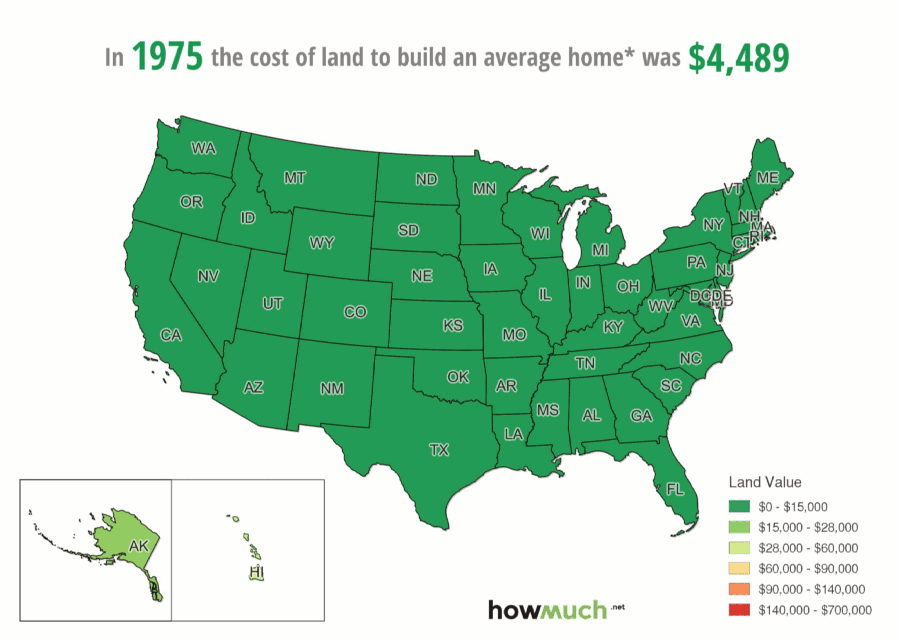Apple in 2012 became the most valuable company in history, with a market capitalization of $621 billion. Its upward trajectory didn’t stop there: in 2018, Apple's market cap of $1 trillion. While it’s cooled off at times since then, sometimes dipping below $1 trillion, it’s undeniable that Apple is a big company in terms of valuation. It’s hard to take in this large of a number, so let’s put it into context with the value of other entities.

- Tech giant Apple hit a $1 trillion valuation in 2018
- A recent, lower valuation dwarfs not only other corporations but also entire economies and markets
-
Apple faces mounting obstacles toward continued growth such as declining iPhone sales and trade tensions with China
Apple's Market Cap Into Perspective
- 20.1 times bigger than the net worth of the two wealthiest narcotic dealers combined ($44.0B)
- 17.3 times bigger than the market capitalization of General Motors ($51.1B)
- 6.4 times bigger than the Bitcoin market ($137.9B)
- 6.4 times bigger than the inflation-adjusted domestic gross earnings of the top 300 movies ($138.5B)
- 4.9 times bigger than the market capitalization of Nike and Adidas combined ($182.2B)
- 3.8 times bigger than the entire cryptocurrency market (including Bitcoin) ($232.8B)
- 2.1 times bigger than the market capitalization of Alibaba ($416.2B)
- 2 times bigger than the net worth of the top five richest people combined ($450.0B)
- 2 times bigger than NASA's budget since 1998, adjusted for inflation ($451.3B)
- 1.6 times bigger than the market capitalization of AT&T, Verizon, T-Mobile and Sprint combined ($559.3B)
- 1.3 times bigger than the value of McDonald's, Dunkin, Coca-Cola, Starbucks, Domino's and Pepsi combined ($677.6B)
- 1.3 times bigger than the US Department of Defense's 2019 budget ($686.0B)
- 1.2 times bigger than the market capitalization of Alphabet (Google's parent company) ($750.8B)
- 1.1 times bigger than the GDP of the Netherlands ($830.6B)
- 1.1 times bigger than the GDP of 25 countries in northern Africa ($839.4B)
So, what’s next for Apple's Market Cap… $1.5 trillion? $2 trillion? Will it maintain the most-valuable slot? Only time will tell, but already Apple no longer has the distinction of the only trillion-dollar company: Amazon and Microsoft have joined the club.
Even so, a trillion-dollar valuation of anything is exceedingly rare, and that includes entire economies and industries. Even at a weaker valuation of $886B, very few entities can compete. Our visualization includes everything from Netherlands GDP to the entire cryptocurrency market. Ironically, the iPhone maker is even far more valuable than all of the major U.S. cell phone carriers put together. It’s even a full $100 billion more valuable than Google, the maker of the rival Android mobile operating system, among so many other dominant tech products.
While Apple has beaten recent earnings estimates, it faces a series of obstacles toward future growth. Apple’s shipments in iPhones fell by 30% in Q1 2019 over last year. There’s also growing competition: Apple now holds 11.7% of global smartphone market share, down 25% from just a year ago. Along with its decline in market share, the overall market for new phones appears to be declining, at least in the U.S.: Verizon and AT&T have reported record-low phone upgrades. Growing trade tensions between the U.S. and China is another risk: a Goldman Sachs analyst estimates that Apple’s earnings would drop by nearly 30% if China bans Apple products.
What surprised you most about the visualization? Will Apple continue to grow, or is there cause for concern? Leave your thoughts in the comments.
Data: Table 1.1
About the article
Authors
Irena - Editor





